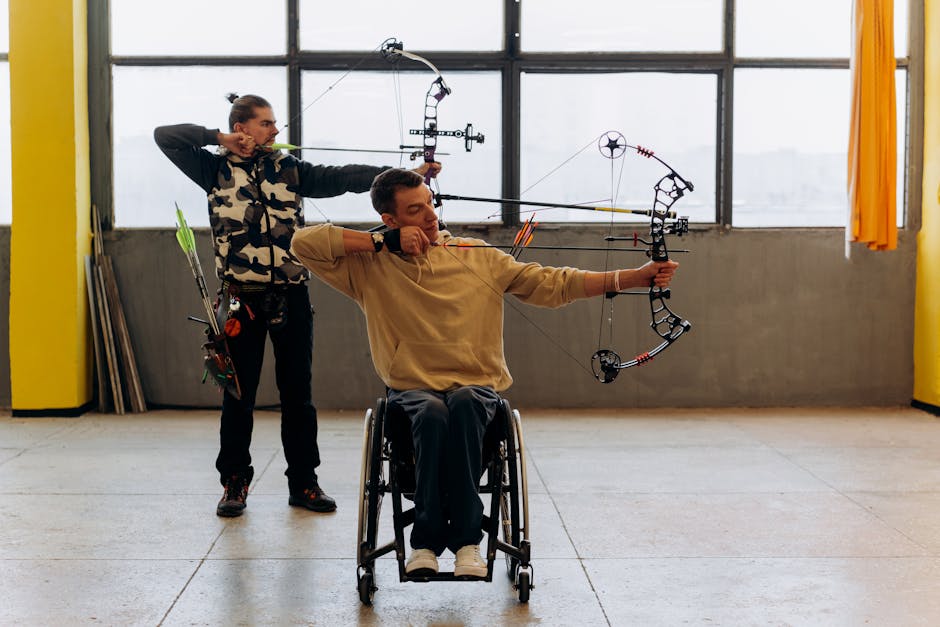Introduction: Ghana’s Hidden Crisis
In the remote corners of northern Ghana, isolated settlements known as “witch camps” shelter hundreds of women accused of witchcraft. Exiled by their families and shunned by society, these women endure lives of poverty and fear. Their stories reveal the dark intersection of superstition, gender violence, and systemic neglect.
How Women Are Branded as Witches
Accusations often arise after tragedies—unexplained deaths, illnesses, or crop failures. Elderly widows and marginalized women are especially vulnerable.
- Amina’s Story: At 70, Amina was accused of “eating a child’s soul” when a neighbor’s child fell ill. Her own son drove her out, forcing her into exile.
- Mob Justice: Many face beatings, public humiliation, or lynching before fleeing to witch camps for safety.
Survival in the Camps: A Life of Isolation
Ghana’s witch camps—found in Gambaga, Gnani, and Kukuo—offer meager refuge. Women live in mud huts, rely on charity, and farm to survive.
- No Way Home: Asana, 65, has lived in a camp for 15 years. “Even if I return, they’ll always see me as a witch,” she says.
- Stigma & Poverty: While safe from violence, the camps reinforce their outcast status, trapping them in cycles of deprivation.
Why Witchcraft Accusations Persist
Belief in witchcraft is deeply rooted in Ghanaian culture, but accusations are often fueled by ulterior motives:
- Land Disputes: Families may accuse women to seize property.
- Silencing Women: Outspoken or independent women are targeted.
- Lack of Education: Superstition thrives where education is scarce.
Efforts to End the Witch Camps
NGOs and the Ghanaian government have launched reintegration programs, but progress is slow:
- Failed Reintegration: Many women face rejection if they return home.
- Legal Gaps: Witchcraft accusations are illegal, but enforcement is weak.
- Grassroots Change: Activists push for education, women’s economic empowerment, and stronger protections.
Conclusion: A Call for Justice
Ghana’s witch camps expose a painful truth—how fear and tradition can dehumanize the vulnerable. For exiled women, justice remains elusive. Their resilience inspires, but their suffering demands global attention and action.
— NextMinuteNews, amplifying stories that matter.




